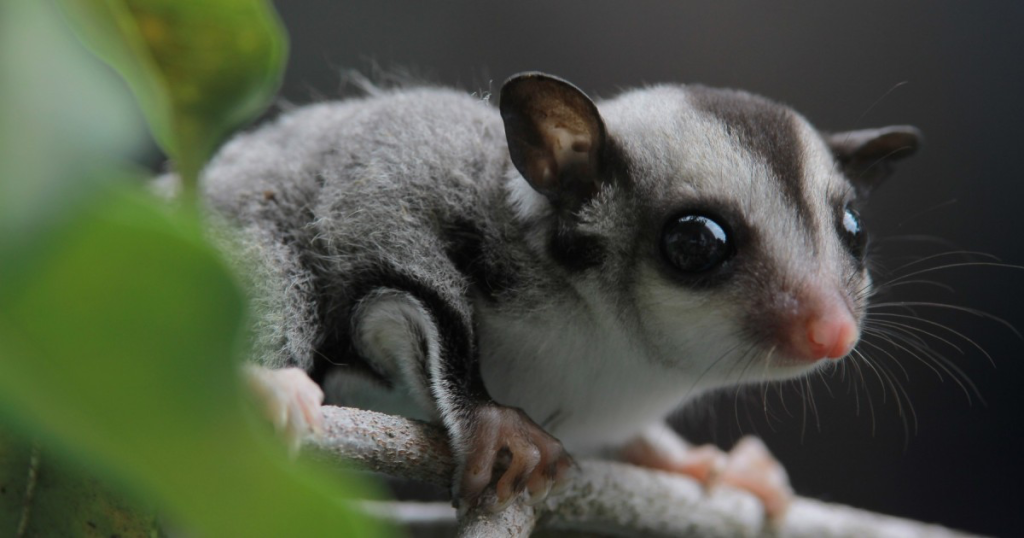
In recent years, the trend of owning exotic pets has surged, reflecting a growing fascination with animals beyond traditional cats and dogs. From reptiles and birds to unusual mammals, exotic pets are becoming increasingly popular among animal enthusiasts. However, this trend comes with its own set of challenges and considerations.
Exotic pets, such as parrots, snakes, and capuchin monkeys, often require specialized care and environments that differ significantly from those of more common pets. Their dietary needs, habitat requirements, and social behaviors can be complex and demanding. Prospective owners must thoroughly research and prepare for the specific needs of their chosen species to ensure their well-being.
Furthermore, the legal landscape surrounding exotic pet ownership varies by region. Some areas have stringent regulations or outright bans on certain species due to concerns about safety, ecological impact, and animal welfare. It’s essential for potential owners to familiarize themselves with local laws and regulations to avoid legal issues.
In addition to practical considerations, ethical concerns also play a role. The exotic pet trade can contribute to the decline of wild populations and involve inhumane practices. Responsible ownership includes ensuring that pets are sourced from reputable breeders or rescue organizations and that their welfare is a priority.
As the exotic pet trend continues to rise, education and awareness are crucial. Understanding the full scope of care requirements and ethical implications can help ensure that the trend does not come at the expense of animal welfare or legal compliance.